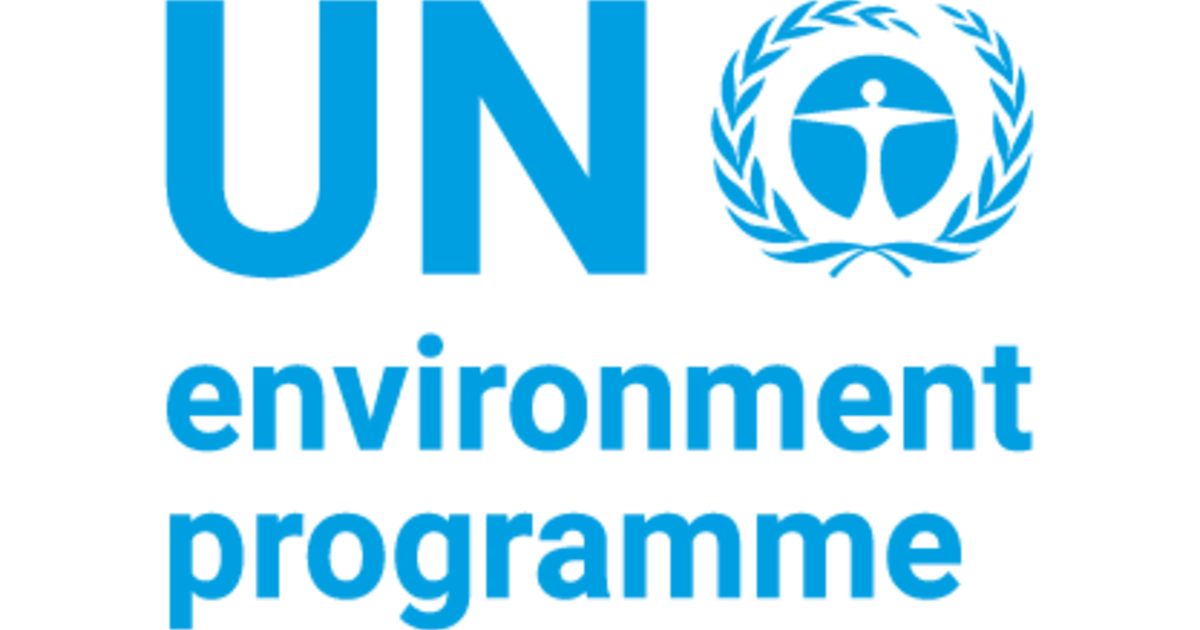L’UNEP recherche un Spécialiste de la gouvernance environnementale, Nairobi, Kenya
Result of Service
The Consultant will (I) Develop proposals on the institutional design and governance of the science-policy panel in consultation with the Law Division; and (II) Recommend strategies for the Law Division to optimize support to UNEP’s work in science-policy, including the future work of the Science-Policy Panel.
Work Location
Home based
Expected duration
4 months
Duties and Responsibilities
Background:
The United Nations Environment Programme (UNEP) is the leading global environmental authority that sets the global environmental agenda, promotes the coherent implementation of the environmental dimension of sustainable development within the United Nations system, and serves as an authoritative advocate for the global environment. The UNEP Law Division is the lead Division charged with carrying out the functions of UNEP in the field of environmental law, governance and related policy issues, including those related to multilateral environmental agreements (MEAs).
At its resumed fifth session, held in Nairobi from 28 February to 2 March 2022, the United Nations Environment Assembly (UNEA) decided, by resolution 5/8, that a science-policy panel should be established to contribute further to the sound management of chemicals and waste and to prevent pollution. UNEA further decided to convene an ad hoc open-ended working group (OEWG) to prepare proposals for the science-policy panel, to begin work in 2022 with the ambition of completing it by the end of 2024.
The establishment of the science-policy panel is intended to tackle the challenges related to chemicals and pollution, complementing the work of existing scientific panels, such as the Intergovernmental Panel on Climate Change (IPCC) and the Intergovernmental Science-Policy Platform on Biodiversity and Ecosystem Services (IPBES). The science-policy panel is envisioned as an independent intergovernmental body with a programme of work approved by its member Governments to deliver policy-relevant scientific evidence without being policy prescriptive.
The OEWG will prepare proposals for the science-policy panel to consider the following issues:
I. Institutional design and governance of the panel.
II. Name and scope of the panel.
III. Principal functions of the panel, as set out in paragraph 2 of the present resolution, while respecting the mandates of relevant
multilateral agreements and other international instruments and
intergovernmental bodies, avoiding overlap and duplication of work, and promoting coordination and cooperation.
IV. Relationships of the panel with relevant key stakeholders, including governmental and non- governmental organizations, and civil
society.
V. Processes for determining and executing the work programme of the panel.
VI. Arrangements for identifying and engaging with experts to contribute to the work of the panel.
VII. Procedures for the review and adoption of reports and assessments produced by the panel.
VIII. Arrangements for secretariat support for the panel.
IX. Options for voluntary financing of the work of the panel.
X. Rules of procedure and the operating principles governing the work of the panel.
XI. An indicative budget for the panel.
XII. Any other matters that the ad hoc open-ended working group believes should be addressed.
UNEP requires an environmental governance expert to contribute to the OEWG process towards implementation of UNEA resolution 5/8, in consultation with the Law Division. The Consultant will report to the Director of the Law Division.
Responsibilities:
Under the supervision of the Director of the Law Division, the Consultant will:
I. Contribute to the preparation of proposals for the science-policy panel in accordance with paragraph 5 of UNEA resolution 5/8:
a) Develop proposals on the institutional design and governance of the science-policy panel considering existing inter-
governmental scientific panels.
b) Outline proposals on how the science policy panel can coordinate with other science-policy bodies.
II. Make recommendations on how the Law Division can best support UNEP’s work in science-policy including the future work of the
science-policy panel.
III. Facilitate communication between the OEWG, the Law Division, and other relevant bodies to promote coherent and coordinated
efforts.
IV. Travel to UNEP Nairobi to consult with the UNEP Law Division and Secretariat of the OEWG/SPP and other Divisions of UNEP.
V. Travel to meetings of the OEWG to provide expert support and to assist in the formulation and preparation of documentation, including in-session documentation throughout the meetings themselves.
Qualifications/special skills
An advanced university degree (master’s degree, or equivalent) in international law, environmental policy, environmental science, or related field is required. A first-level degree (bachelor’s degree or equivalent) in the specified fields of studies with two (2) additional years of relevant work experience may be accepted in lieu of the advanced university degree.
A minimum of 10 years of progressive working experience in environmental governance, environmental policy, environmental sciences, or a related field is required.
Experience at the international level, including with United Nations system organizations, or with international science-policy making bodies is desirable.
Experience in institutional legal matters related to managing legal processes of international organizations is desirable.
Experience of the governance of chemicals, waste and pollution is desirable.
Excellent research and drafting skills is desirable.
Excellent organization and consultation management is desirable.
Direct working experience in environmental law or environmental policy is an added advantage.
Languages
Fluency in oral and written English is required.
No Fee
THE UNITED NATIONS DOES NOT CHARGE A FEE AT ANY STAGE OF THE RECRUITMENT PROCESS (APPLICATION, INTERVIEW MEETING, PROCESSING, OR TRAINING). THE UNITED NATIONS DOES NOT CONCERN ITSELF WITH INFORMATION ON APPLICANTS’ BANK ACCOUNTS.
